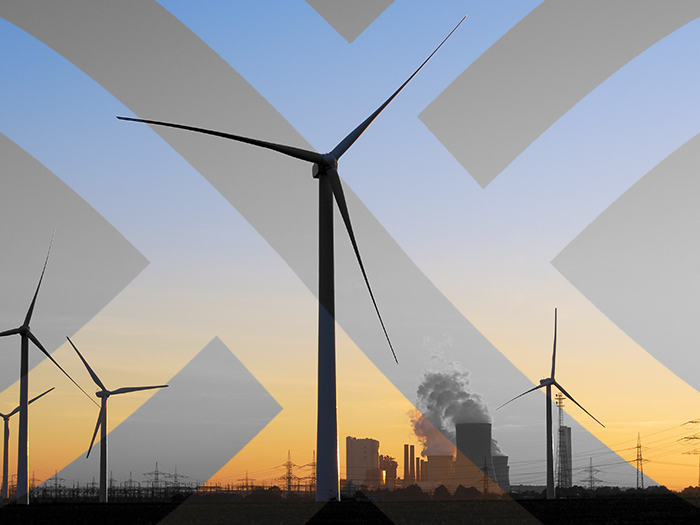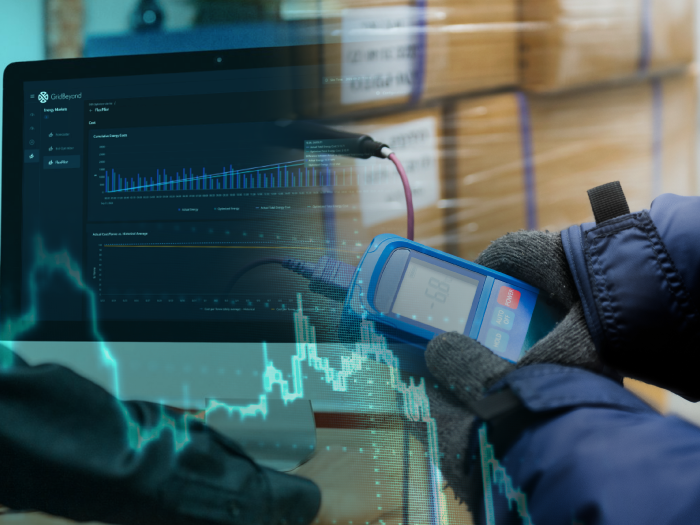Insights
better business decisions
Posted 3 years ago | 4 minute read

Senate passes Inflation Reduction Act
The U.S. Senate has passed the Inflation Reduction Act, which includes unprecedented investments to tackle climate change, cut consumer costs and strengthen energy security and includes parts of the Build Back Better Act.
On Aug. 7, 2022, the Inflation Reduction Act of 2022, was passed. This comprehensive legislation is the result of many months of negotiations among Democrats to advance some of President Joe Biden’s highest policy priorities. The legislation will reduce the deficit and make major investments in healthcare, domestic energy production and manufacturing, and climate change. With regard to energy and climate change, the legislation provides unprecedented amounts of funding – nearly $369B in direct investment to ensure energy security, reduce carbon emissions, and increase energy innovation.
Among other measures, the legislation authorizes the Department of Energy (DOE) to provide more than $5.8B in grants, rebates, direct loans and cooperative agreements on a competitive basis for up to 50% of project costs to install advanced industrial technology designed to accelerate the reduction of greenhouse gas emissions to net zero (available through September 30, 2026). The funding applies for domestic, non-federal, non-power industrial or manufacturing facilities engaged in energy-intensive industrial processes, including in production processes for iron, steel, steel mill products, aluminum, cement, concrete, glass, pulp, paper, industrial ceramics and chemicals.
The legislation also
- appropriates $40B for loan guarantees to eligible U.S. projects employing new or improved technology under Section 1703 of the Energy Policy Act of 2005.
- promotes the development of offshore wind. It lifts the moratorium on offshore wind leases on the outer continental shelf of South-eastern coastal states, and it provides funding to coordinate and facilitate action by regulatory authorities involved in offshore wind siting and permitting activities.
- appropriates funds to provide financing and technical support to accelerate the construction of new electric transmission projects, including a $2B appropriation for direct loans for the construction or modification of electric transmission facilities that are designated as necessary in the national interest.
- amends the Clean Air Act to establish the Greenhouse Gas Reduction Fund with approximately $27B in funding for direct and indirect financial and technical assistance to deploy projects and technologies, including residential rooftop solutions, to reduce or avoid greenhouse gas emissions (available until September 30, 2024).
The bill also provides incentives to help consumers buy energy-efficient and electric appliances, clean vehicles and solar panels for homes. Specifically, the bill includes:
- $9B in consumer home energy rebate programs
- a $1B grant program to make affordable housing more energy efficient
- $3B to the DOE for the credit subsidy cost associated with direct loans for reequipping, expanding or establishing a manufacturing facility in the U.S. to produce — or for engineering integration performed in the U.S. of — advanced technology vehicles that emit low or zero greenhouse gases
- $2B to provide grants of up to 50% of the cost for projects enabling the domestic production of efficient hybrid, plug-in electric hybrid, plug-in electric drive and hydrogen fuel cell electric vehicles (available through September 2031)
- $1B to fund the replacement of non-zero emissions vehicles with zero-emissions vehicles and related infrastructure (available until September 30, 2031).
The House of Representatives will consider the legislation on August 12, where it is expected to pass, before it goes to President Joe Biden to sign into law.
GridBeyond SVP North America, Wayne Muncaster said:
“The Inflation Reduction Act shows the world that the United States is still an ally in the global fight against climate change. The legislation provides breakthrough investments and tax credits that will save money, create millions of jobs and boost energy security – all while helping position the U.S. to achieve its 2030 climate goals. But this legislation isn’t a panacea for climate change – and no bill ever will be. States, cities and businesses all need to step up their efforts to cut emissions and build a cleaner and more secure energy sector of the future.”





